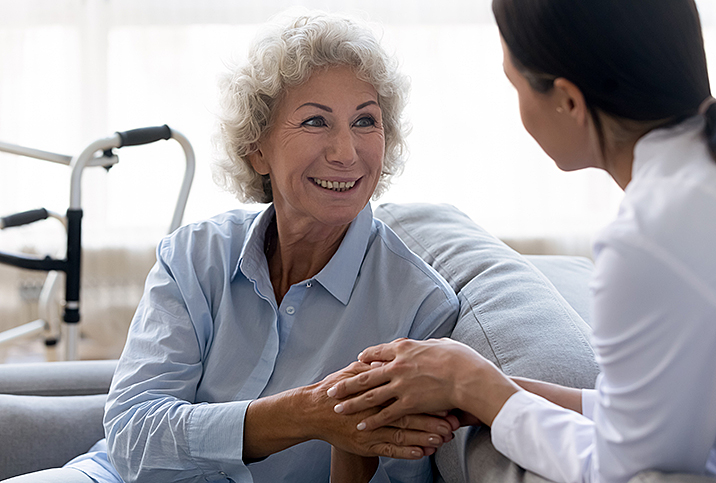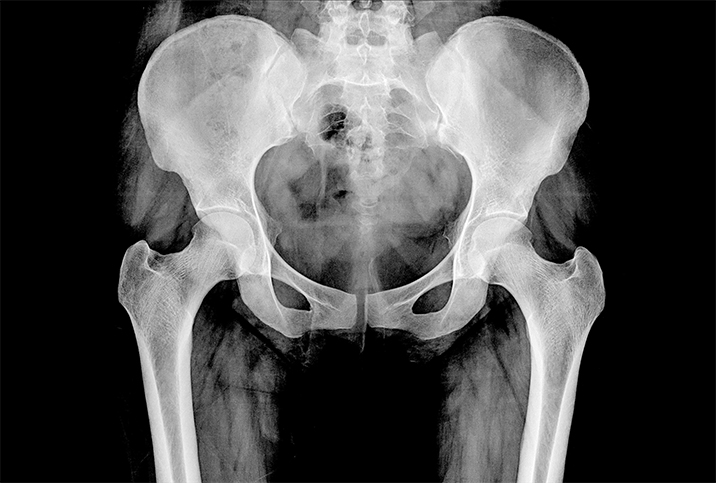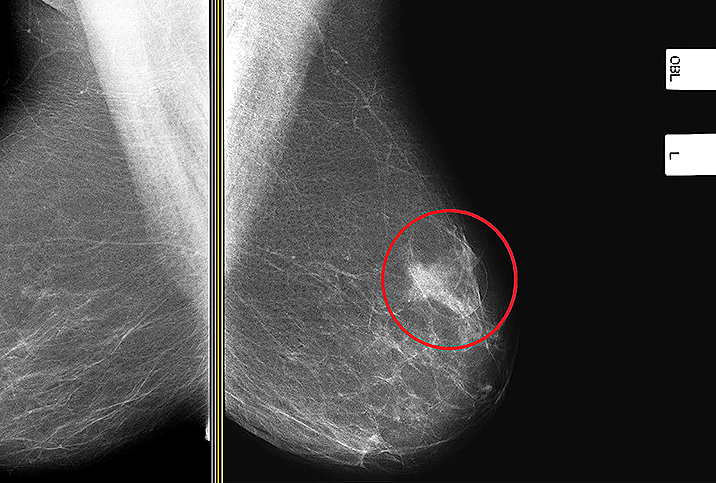What's a Medical Chaperone and Do I Need One?

Do you put off your annual visit to the gynecologist right until the last minute? You're not alone. Many patients find going to the gynecologist not only awkward but downright scary. For people with medical anxiety, whether it's white coat syndrome (where blood pressure spikes in a doctor's office) or a history of sexual trauma, medical chaperones can make doctor's appointments more comfortable. Although medical chaperones can be present at any doctor's appointment, they are more prevalent at OB-GYN offices.
According to a study published in 2009 in the journal Midwifery, of 433 women in an outpatient gynecological setting, more than half (54.8 percent) felt anxious or worried during the pelvic examination.
Many people may not be aware that another person, such as a medical chaperone, is allowed to be present in the examination room in certain situations.
What do they do?
The title is pretty self-explanatory, but a medical chaperone acts as a witness for a patient and a health professional during a medical examination or procedure, according to the University of Michigan Health. While patients should feel comfortable with their providers, sometimes that isn't the case. An extra set of eyes can help provide an extra layer of security.
Practitioners should always honor a patient's request to have a chaperone, the American Medical Association (AMA) states. This chaperone is briefed on patient confidentiality and privacy standards.
All patients who undergo a physical exam are routinely offered a chaperone at the Kimble Center for Pelvic Wellness near Los Angeles, said Alexis May Tran Kimble, an OB-GYN, urogynecologist and co-founder of the center. Signs informing patients a medical chaperone is available upon request are posted throughout the exam rooms.
However, the circumstances are a bit different if a male doctor is involved.
"Historically, if the physician was male, they would often be required to have a chaperone present," said Kiarra King, M.D., an OB-GYN in Illinois. "If the physician was female, it would be based on patient preference."
Who can be a medical chaperone?
Medical chaperones may be a healthcare professional or a trained, unlicensed staff member. This may include medical assistants, nurses, technicians, therapists, residents and fellows. For instance, all the medical assistants in Kimble's office serve as potential chaperones upon request.
"If a chaperone is needed during a portion or all of a visit, they will be asked to come in at the appropriate time," King said. "They typically are standing in the room. Their role can vary depending on the clinical situation. They may be assisting the physician, passing them equipment, etc., if a procedure is being done. Or they may just be quietly standing by during an examination."
Why have a medical chaperone?
Medical chaperones are typically called in during sensitive medical examinations and procedures. If you're not sure what counts as "sensitive," any examination involving the genitalia, rectum and/or breasts falls under that umbrella. This means you can bring one in for a Pap test, for example.
Having a medical chaperone present during a gynecological appointment, especially a pelvic exam, can help alleviate some anxiety and make sure practitioners are acting in the patient's best interest.
If your practitioner doesn't offer a medical chaperone, you have the right to request one of the gender of your choice. On the other hand, your practitioner might not choose to perform certain medical procedures without a chaperone present.


















